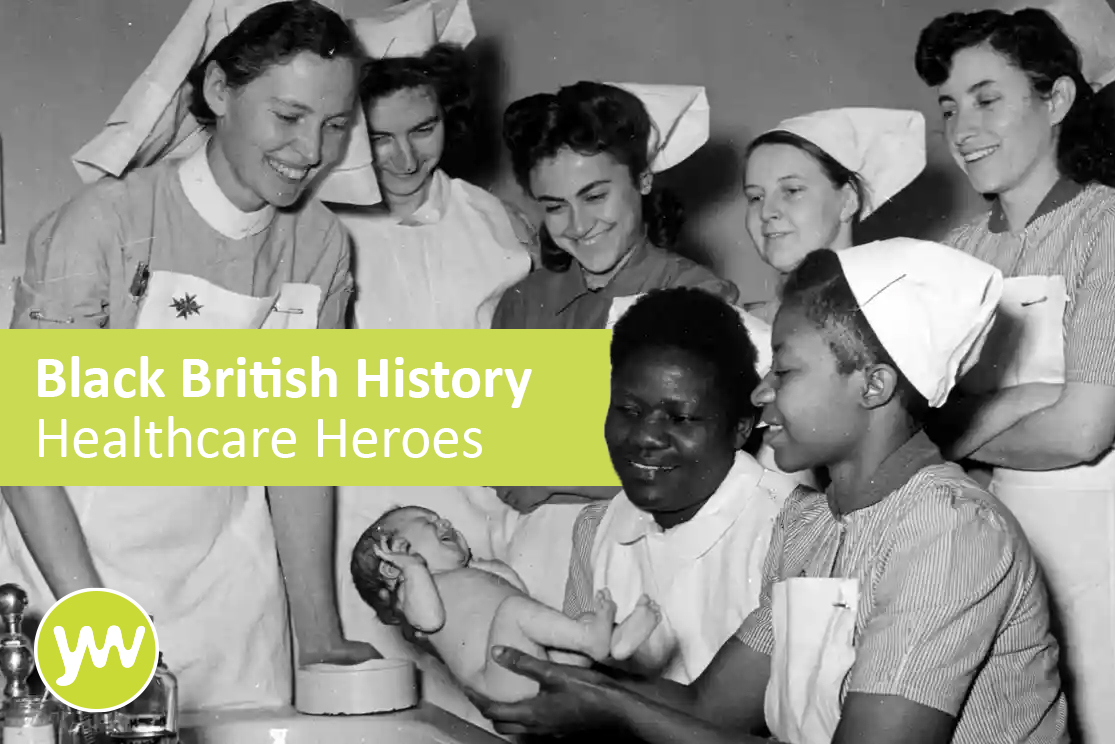Health Visitors are a key part of our healthcare system. From supporting new parents in those first tentative weeks of parenthood to working within the community to promote healthier living, Health Visitors work tirelessly behind the scenes to provide essential care.
Throughout this article, we’ll take a deep dive into the necessary skills and training for working in the UK as a qualified Health Visitor. So, let’s begin…What is a health visitor?
Health Visitors are Registered Nurses or Midwives who have undertaken specialist training in community public health nursing. Their role primarily focuses on supporting families, especially those with young children, to promote health and prevent illness. They work in the community, often visiting families in their homes, and play a crucial role in the early years of a child's development.What training do Health Visitors receive?
To become a health visitor, you need to achieve full nursing qualifications first. In the UK, most NMC-approved degree courses take three to four years to complete. Once qualified, you’ll undertake a specialised programme in public health nursing, typically a one-year postgraduate course. This health visitor training encompasses a range of topics, from child development and mental health to safeguarding and health promotion.What skills are essential for Health Visitors?
Key skills of health visitors include excellent communication and interpersonal skills, the ability to work autonomously, strong observational skills, and high levels of empathy. They must also possess a deep understanding of public health, child development expertise, safeguarding issues, and community health knowledge.They also need to be able to confidently utilise their health promotion skills to promote healthier living within the community. This includes quitting smoking, cutting down alcohol intake, encouraging regular exercise, and promoting a healthy diet.
How do Health Visitors stay updated with their skills?
Health Visitors maintain their skills through continuous professional development (CPD). Professional development in nursing includes attending workshops, seminars, and health visitor courses.
Like all sectors of healthcare, health visitor education is an ongoing affair, so staying up-to-date with the latest research and guidelines in child health and public health nursing is an essential part of being a health visitor. After all, the healthcare field is constantly evolving with medical research and technological advancements.What makes health visitor training unique compared to other nursing roles?
Unlike other nursing roles that may focus more on clinical or hospital settings, health visitor training emphasises community and public health. It prepares nurses to work in diverse community settings and equips them with skills in health promotion, policy development, and leadership in community health.The training is also unique with regard to the types of patients Health Visitors work with. They spend a large proportion of their time with new parents and newborn infants in their own homes, providing early childhood healthcare.
How do Health Visitors apply their training in everyday practice?
Health visitors apply their nurse training by assessing the health needs of families and providing support and advice on matters like nutrition, immunisation, and developmental milestones. They also play a key role in safeguarding children, identifying risks, and working with other professionals to provide support where necessary.
What impact do Health Visitors have on family and community health?
Health Visitors have a significant impact on improving health outcomes for children and families. They provide early intervention services, which can prevent health issues from developing or worsening. Their role in educating parents and promoting healthy lifestyles contributes to healthier communities.
How can aspiring Nurses pursue a career as a health visitor?
If you’re interested in becoming a health visitor, you’ll need to complete a nursing or midwifery degree with one of multiple NMC-approved university courses. After gaining some experience, you can then pursue a specialist public health nursing course, where you’ll gain the necessary health visitor qualifications to start working in the field. Gaining experience in areas related to child and family health can also be beneficial for achieving a health visitor certification.
What challenges do Health Visitors face, and how does their training help?
Health Visitors face challenges like dealing with complex family situations, safeguarding issues, and varying health needs across different communities. Their comprehensive training in public health, child development, and communication helps them to effectively navigate these challenges.
What future trends in health visiting should aspiring professionals be aware of?
If you’re an aspiring health visitor, you should be aware of the evolving landscape of public health, including the integration of digital health technologies, increasing focus on mental health, and ever-changing public health policies. Adaptability and a commitment to lifelong learning are key to staying relevant in the field.
Discover your next health visitor role with Your World Nursing
Your World has been working closely with qualified Health Visitors for almost two decades. As a preferred NHS supplier, we’re able to provide the highest quality roles throughout the UK.
If you’re on the hunt for your next career step, browse our range of live vacancies or contact us to speak with a member of our friendly team directly. We’d love to welcome you to the Your World family!








.jpg)


